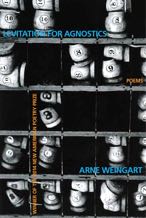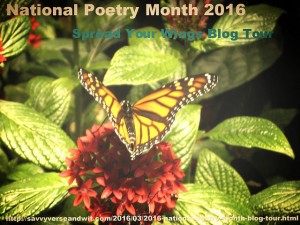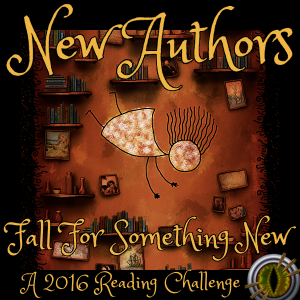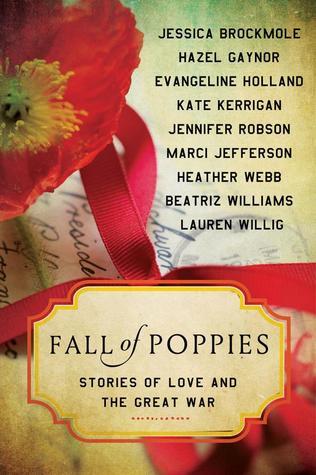
1. Faith is a big part of your poems. How has that faith informed the poems in the collection Levitation for Agnostics?
It was never my intention to use faith as an organizing principle for the collection. But if I look at the book as a whole, I can see how individual poems tend to circle around the question of what one can or should believe in. I accept the idea that the need for belief is biologically hard-wired into human nature, so for me, certain things follow. Firstly, that organized religion is useful but inadequate. Secondly, that poetry and art are useful (although ultimately also inadequate)in addressing our collective spiritual need. This particular point of view is a kind of background noise for every poem I try to write.
2. Faith and religion can be very serious aspects of people’s lives, how does the humor you infuse your poems with change that perspective?
The difference between our very real and persistent spiritual needs and our success in satisfying them is the perfect set-up for a joke. Many jokes. Take my faith tradition, please (drum roll, rim shot)! In Judaism’s classical orthodox flavor, there are said to be 613 commandments that govern human conduct. However noble in conception, this is an obvious recipe for failure. And while attempts at “reformation” are laudable and inevitable, the gap between spirit and material world remains. I suppose you could define grace as our ability to balance within that gap; and humor as our appropriate response when grace fails us.
3. Levitation for Agnostics looks to be a first collection for you? How else do you spend your creative hours? Is poetry your first passion?
Yes, this is my first collection. Although I work in a “creative” field — graphic design — poetry is the one thing I am most capable of doing that satisfies my creative impulse. As mentioned above, I believe that poetry (and all art) has spiritual underpinnings that make it indispensable, if often misunderstood.
4. What advice would you give to poets crafting their first collections?
Write without particular focus on shaping a collection. At some point, stop and see what you’ve got. This will require help from other readers (and perhaps writers). This is in direct contradiction to many thematically coherent collections that began and ended as “projects” and that seem to be “about” something that can be concisely and confidently stated. First collections, however, should probably address the concerns of crafting an identifiable poetic voice, the one indispensable qualification for a poet, going forward.
5. Who are your favorite poets?
In no particular order and on this particular day: W. H. Auden, Wislawa Szymborska, W. S. Merwin, Mark Strand, Elizabeth Bishop, Tony Hoagland
About the Poet:
Born and raised in Nashville, Tennessee, and educated at Dartmouth College and Columbia University, Arne Weingart lives in Chicago with his wife Karen, where he is the principal of a graphic design firm specializing in identity and wayfinding. Recent poems have been published in Arts & Letters, Beecher’s Magazine, Coal Hill Review, Enizagam, Nimrod, Oberon, Plume, RHINO, Sow’s Ear Poetry Review, The Georgetown Review, The Massachusetts Review, and The Spoon River Poetry Review. His work has been nominated for a Pushcart Prize and his book, “Levitation For Agnostics,” winner of the 2014 New American Press Poetry Prize, will be released in February, 2015.




 Jane Austen Lives Again by Jane Odiwe from the author for review.
Jane Austen Lives Again by Jane Odiwe from the author for review. Fudge Brownies & Murder by Janel Gradowski from the author for review.
Fudge Brownies & Murder by Janel Gradowski from the author for review.




